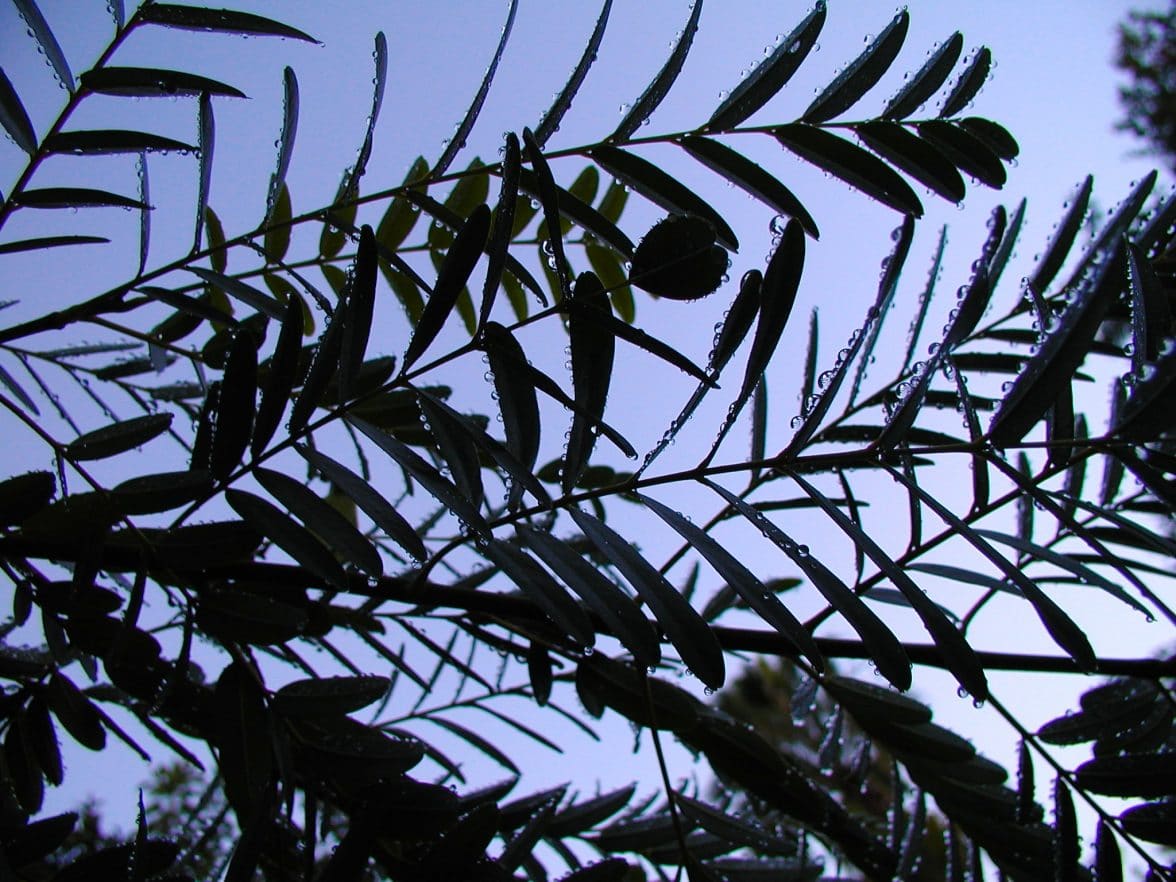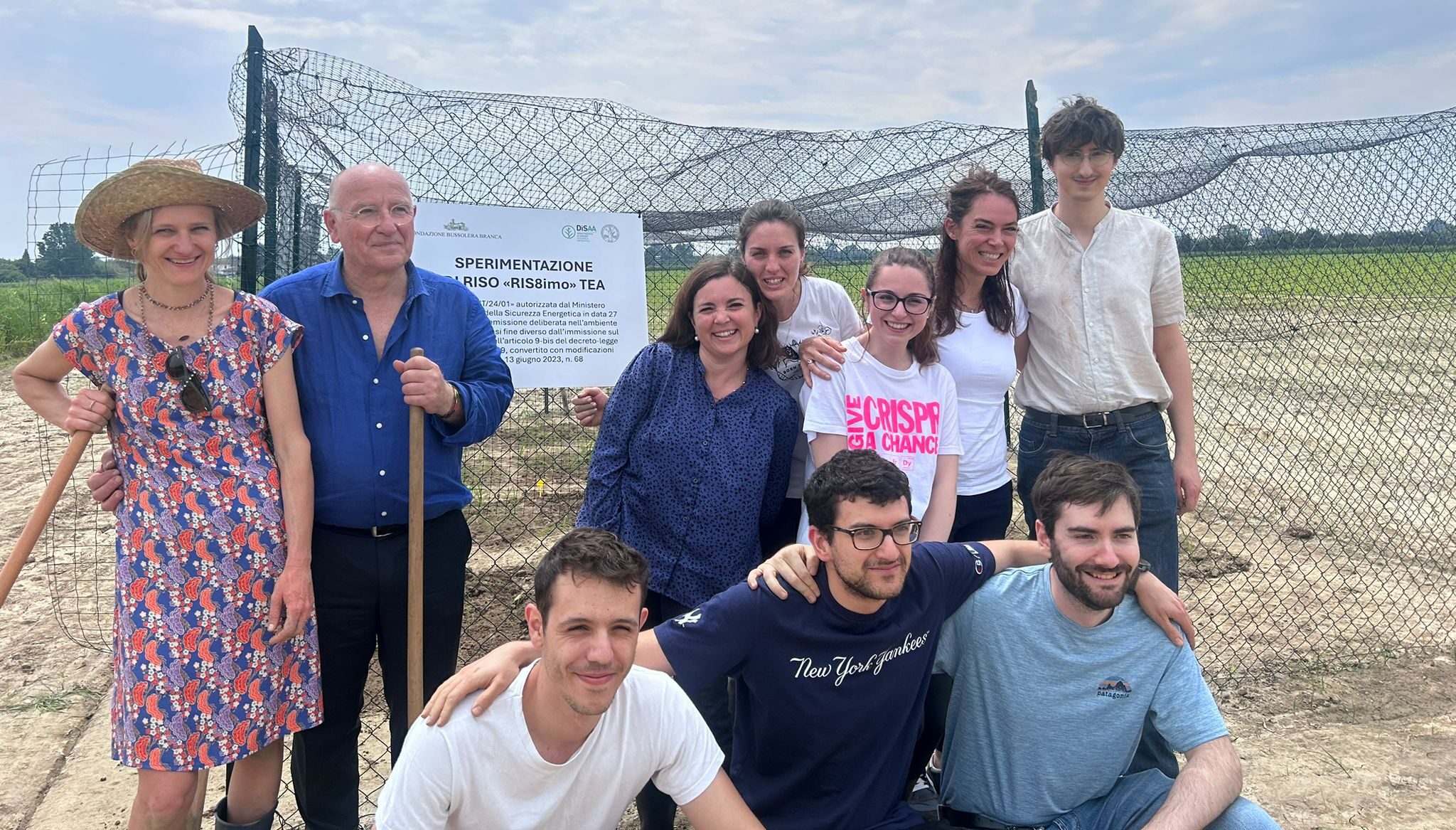One of the iconic ingredients of the Mediterranean diet, which often has been associated with beneficial effects in the prevention of cancer as well as several other disorders, is extra-virgin olive oil. For thousands of years, olive trees were planted on Mediterranean coasts, initially by ancient Greek colonists, followed by several other civilizations and cultures, one generation after the other. This enduring agricultural practice led to the formation of the so-called “olive tree forest,” a monument to the Mediterranean environmental and cultural heritage containing millennial trees, found particularly in Southern Italy, in the Apulia region. Olive oil production from this region propelled and sustained olive oil consumption; however, this production is now endangered by a new, deadly plant pathogen, which arrived in Europe a few years ago.
“The olive orchards in Southern Italy are facing an ominous threat,” says Temple’s adjunct professor Enrico Bucci, PhD, Director of the Cancer Systems Biology & eHealth Programs of the Sbarro Institute for Cancer Research and Molecular Medicine at Temple University. Earlier in 2017, under appointment by the revered Accademia dei Lincei (one of the oldest and most prestigious scientific academies in the world), Bucci applied his skills in the fields of data mining and analytics, which he usually deploys in the field of Systems Biology, to extract and process data on thousands of Apulian olive trees, which led him to confirm the correlation between the bacterium and the disease. After that, he revised hundreds of scientific papers, detailing the ecology, the pathogenic potential, the molecular biology and all other relevant aspects of the interactions between the bacterium, its vectors and the host plants, publishing a new, state-of-art review, which got the cover of the Elsevier journal “Biochemical and Biophysical Research Communications.”
“The culprit of the epidemic, which is killing millennial olive trees and devastating the Apulian agricultural landscape, is the bacterium Xylella fastidiosa. Its pauca subspecies, which is colonizing Italy, is able to rapidly kill the olive trees, at odds with all the subspecies established in California, which mainly threaten vineyards and almonds,” says Bucci
There is no established cure for the infection; however, containment policies applied in California to prevent further spreading of the epidemic of Xylella in vineyards seem to work, suggesting that similar policies should also be enforced in Italy – after taking into accounts the obvious differences between olives and grapevines.
“As I learned by studying the available scientific literature, researchers from all over the world are working hard to find solutions, and there are indeed some promising approaches under study, aiming e.g. at blocking the infection or finding resistant olive cultivars – however, scientists need more time to accumulate stronger evidence. That’s why containing the infection in Southern Italy by all available means is crucial,” says Bucci, in line with the prevalent opinion in the scientific community.
“I hope that my article, by providing a revision of all the best available scientific evidence, will inspire politicians and local authorities to follow the scientific consensus, instead of the opinions of non-expert influencers or isolated, controversial hypotheses which lack solid scientific ground,” concludes Bucci.
Source: Newswise













